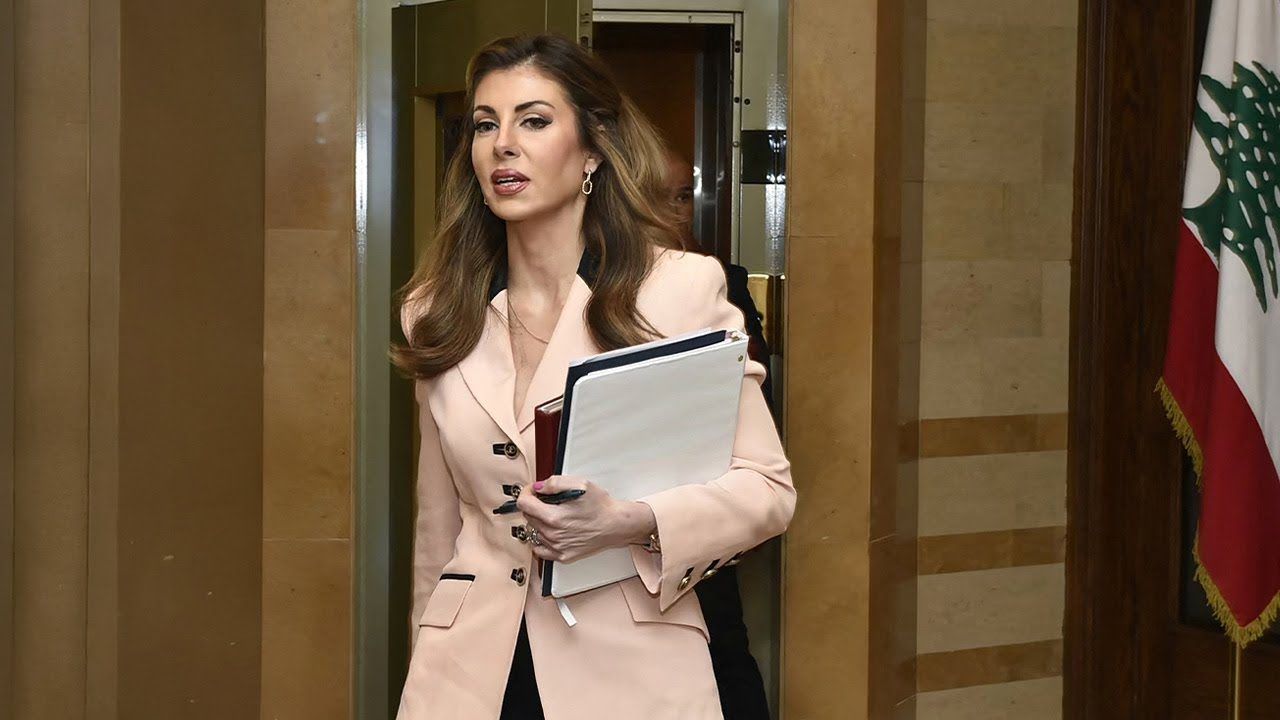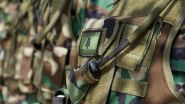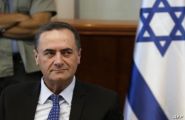
In a critical moment for Lebanon, the recent visit by U.S. Special Envoy Morgan Ortagus—alongside Senator Lindsey Graham—offered more than just diplomatic formalities. It sent a clear, resounding message: the United States stands firmly with the Lebanese state, its institutions, and its people. Beyond the headlines, Ortagus’s visit marked a significant political, diplomatic, and security turning point for a country in urgent need of reaffirmed international support.
A Political Signal of Confidence in the Lebanese State
Morgan Ortagus’s remarks during a private dinner hosted in Beirut by MP Ragy el-Saad and businessman Tarek Ghali left no room for ambiguity. In front of over fifty political, diplomatic, and media figures, Ortagus made it clear: the U.S. recognizes and supports Lebanon’s legitimate institutions—particularly the Lebanese Armed Forces (LAF) and the central government—as the only path toward a sovereign and stable future.
Her assertion that “Naim Kassem and Hezbollah do not represent the Lebanese people but foreign forces. They represent Iran, not the Lebanese,” was reinforced by her sharp criticism of Hezbollah’s recent rhetoric. Reacting to a speech made by Hezbollah Deputy Secretary-General Naim Kassem last night, Ortagus called it “pathetic,” underscoring the growing disconnect between the group’s narratives and the aspirations of the Lebanese people.
By openly criticizing Hezbollah’s leadership and simultaneously aligning with figures such as President Joseph Aoun, Prime Minister Nawaf Salam, and Speaker Nabih Berri—despite their differing political affiliations—Ortagus reinforced the message that Lebanon’s unity must be built around its state institutions, not armed factions or ideological movements.
Diplomatically Repositioning Lebanon on the Global Stage
Ortagus’s visit also served to diplomatically reposition Lebanon amid increasing regional polarization. Her emphasis on sovereignty and the rejection of foreign domination—specifically, Iranian influence via Hezbollah—resonated with those who fear that Lebanon’s non-alignment is slowly eroding.
By stating, “We want the same thing [as Lebanese leaders]: a strong and sovereign Lebanon. We do not want a Lebanon under the control of anyone other than the state and its people,” Ortagus reframed Lebanon not as a failed state, but as a nation worth investing in—one capable of reform, revival, and reintegration with the West.
This messaging, coupled with Lindsey Graham’s appeal to the Lebanese people to “choose with discernment,” sends a powerful diplomatic signal: Lebanon is not forgotten, and its partnerships—especially with the United States—remain active and conditional on its sovereign choices.
A Security Framework for Long-Term Stability
Perhaps the most consequential part of Ortagus’s visit lies in the security implications. She revealed that the next key step is for the Lebanese army commander to present a disarmament plan to the Council of Ministers—a move the U.S. will actively support both politically and materially.
“We, the United States, will do everything we can to support the Lebanese state and the Lebanese Armed Forces in developing and implementing this plan,” she said.
In a country where Hezbollah’s arms have long overshadowed national institutions, U.S. backing for a concrete disarmament roadmap is an unprecedented development. It transforms disarmament from a rhetorical demand into a policy initiative with international endorsement and potential funding.
Additionally, the reiteration that “the United States stands with Lebanon to help its army and its government restore state authority over institutions and reclaim its sovereignty” reestablishes the LAF as the backbone of national security—crucial at a time when Lebanon faces border instability, internal unrest, and the risk of conflict spillover from the region.
Strategic Timing, Real Impact
Ortagus’s visit could not have come at a more decisive time. Lebanon faces mounting internal challenges—economic collapse, institutional paralysis, and escalating tensions with Israel. Meanwhile, its regional role is under pressure as competing powers vie for influence through proxies.
By reaffirming U.S. support, advocating for Lebanese sovereignty, and directly addressing the Hezbollah issue, Morgan Ortagus elevated the political conversation beyond crisis management and into strategic planning.
She didn’t just deliver a message—she empowered a path forward.
A Visit That Redefined the Conversation
Morgan Ortagus’s visit to Lebanon was more than symbolic diplomacy—it was a recalibration of U.S.-Lebanese relations around core principles: sovereignty, legitimacy, and institutional strength. Her firm condemnation of Naim Kassem’s rhetoric as “pathetic” signaled a shift in tone and a stronger American stance against armed non-state actors in Lebanon.
In the words of Senator Graham, “If you choose that path, many doors will open before you.” The visit has, indeed, opened one of them. It’s now up to Lebanon to walk through.




Comments